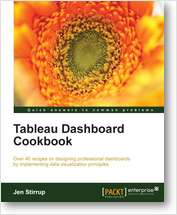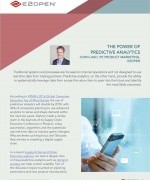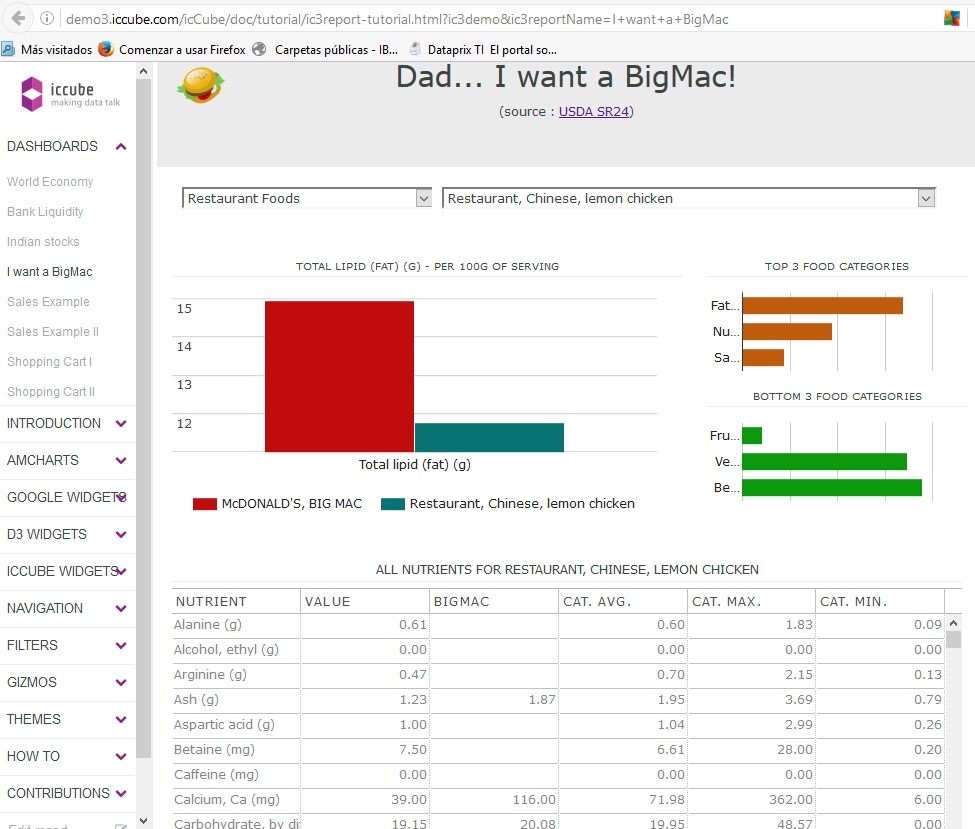Percentage of companies innovating with cloud expected to double by 2015
The number of enterprises turning to cloud computing to revamp existing business models will more than double in the next three years, as business leaders move to capitalize on the rapid availability of data and the growing popularity of social media, according to a new study released today by IBM. Businesses that embrace the transformative power of cloud will have a significant advantage in the race to introduce new products and services and capture new markets and revenue streams.
To better understand the shift in how organizations use cloud today and how they plan to employ it in the future IBM, in conjunction with the Economist Intelligence Unit, surveyed more than 500 business and technology executives worldwide. The findings were compiled in a new study, titled "The Power of Cloud: Driving business model innovation."
“Companies are starting to understand -- cloud isn’t just about gaining efficiencies and cost savings; it’s about driving the kind of fundamental innovation that provides lasting marketplace advantage,” said Saul Berman, IBM global strategy consulting leader and co-author of the study.



 Which parent has never had to face this question? The idea of creating an interactive dashboard comparing the nutritive values of a BigMac against other foods came when replying for the 100th times to this question.
Which parent has never had to face this question? The idea of creating an interactive dashboard comparing the nutritive values of a BigMac against other foods came when replying for the 100th times to this question. 